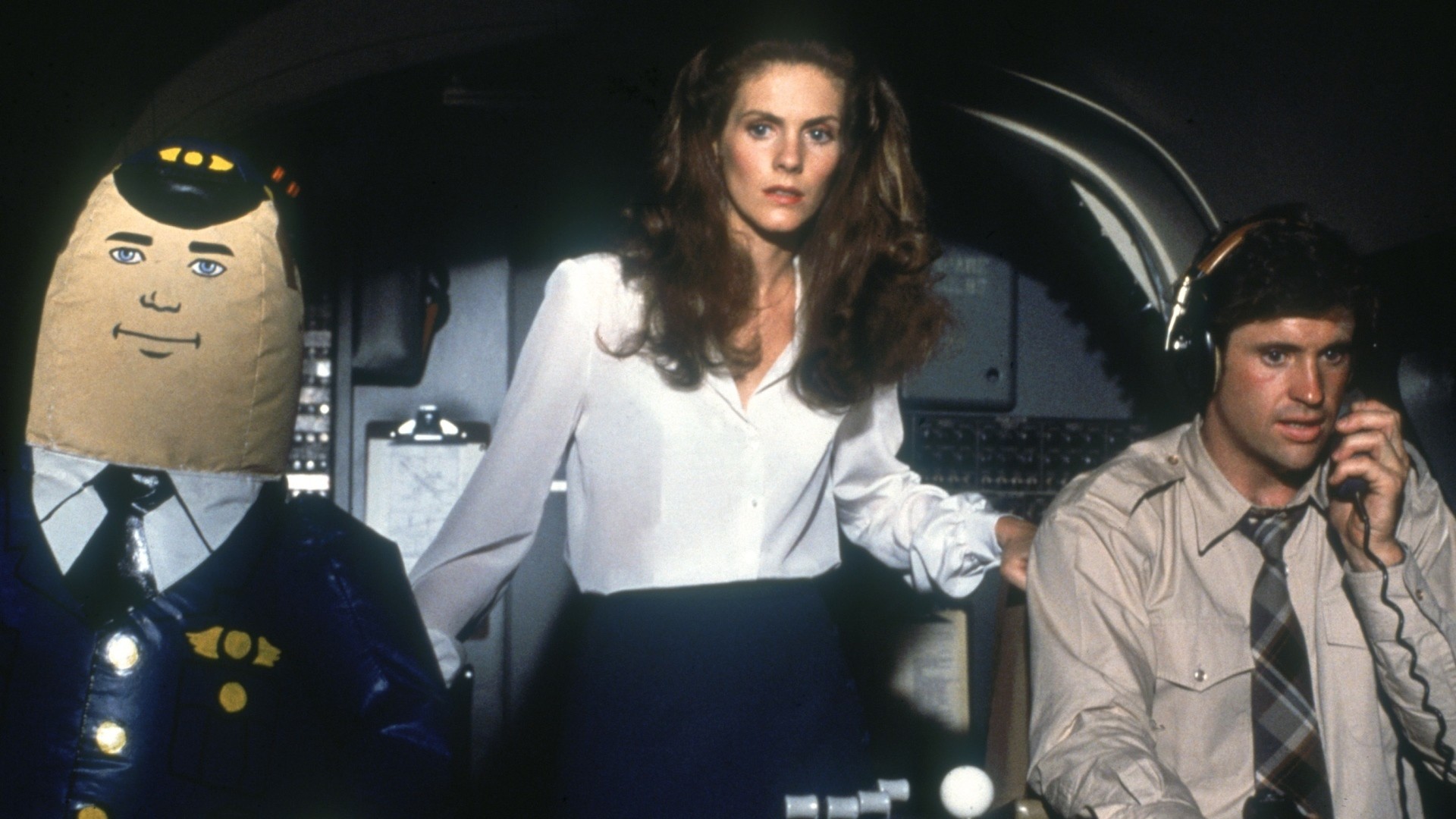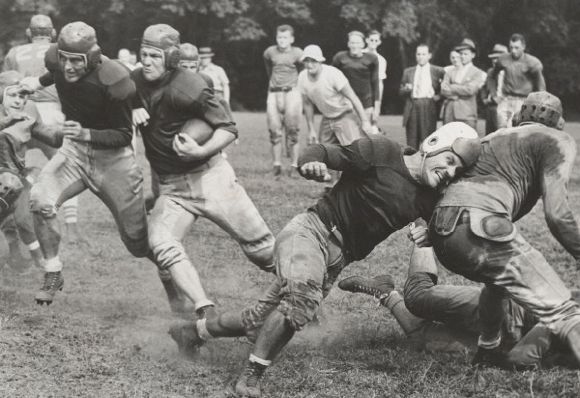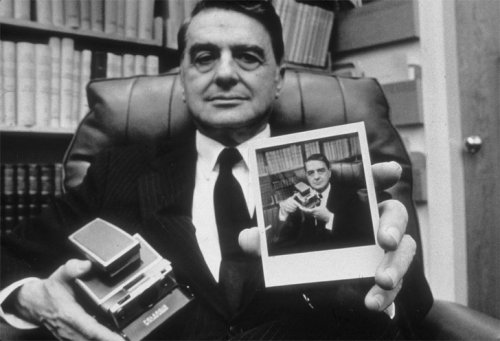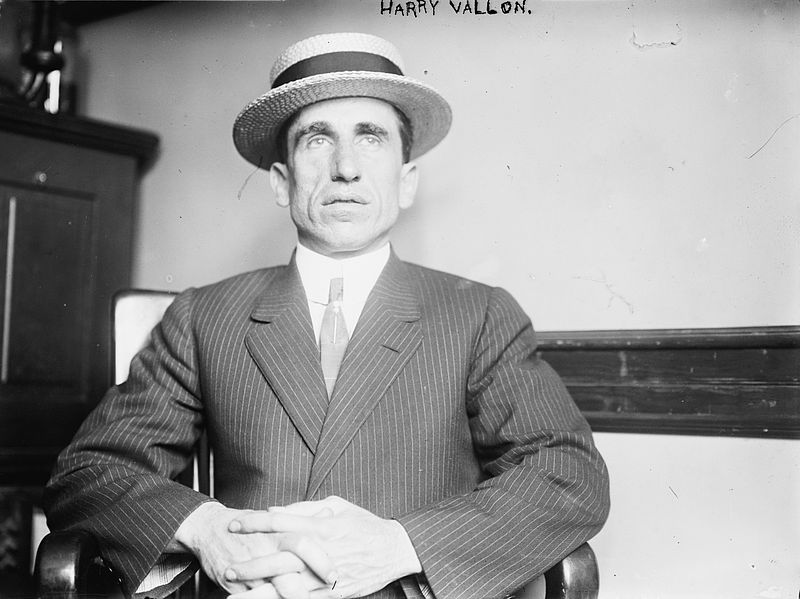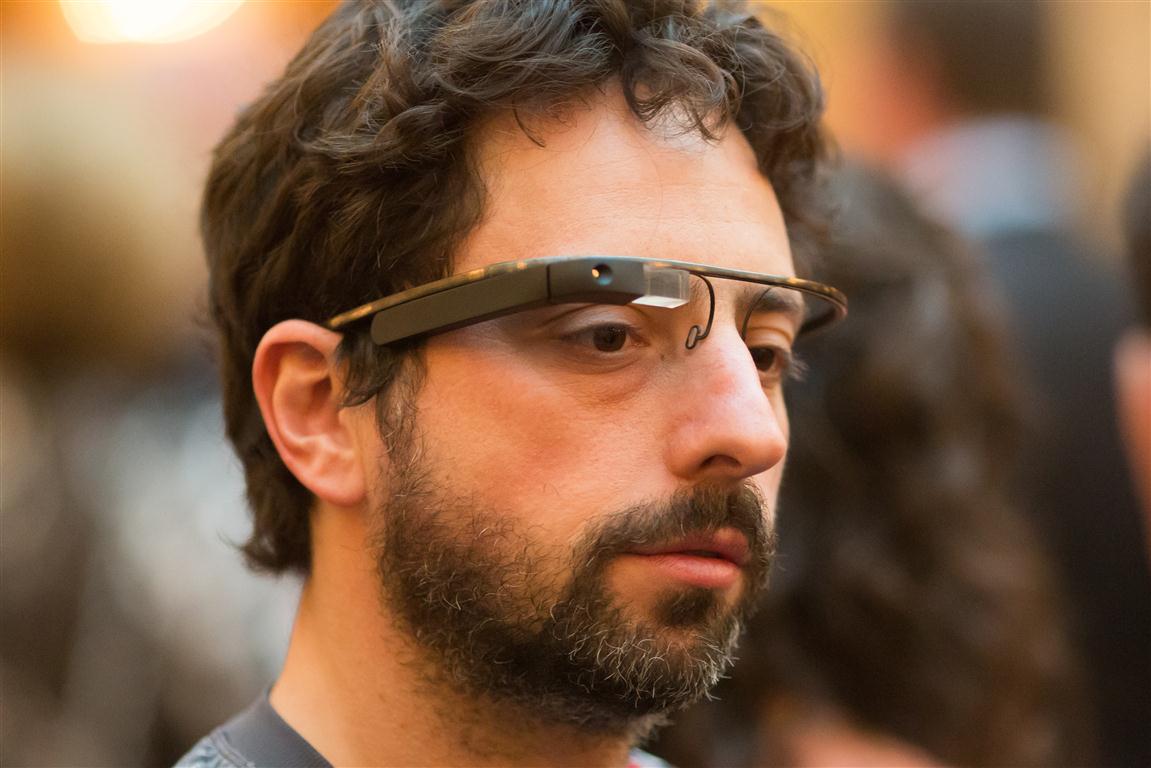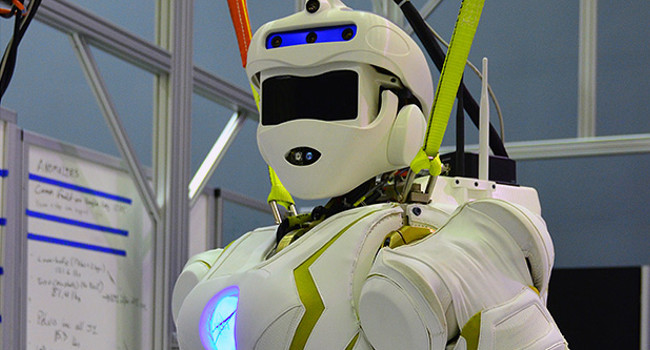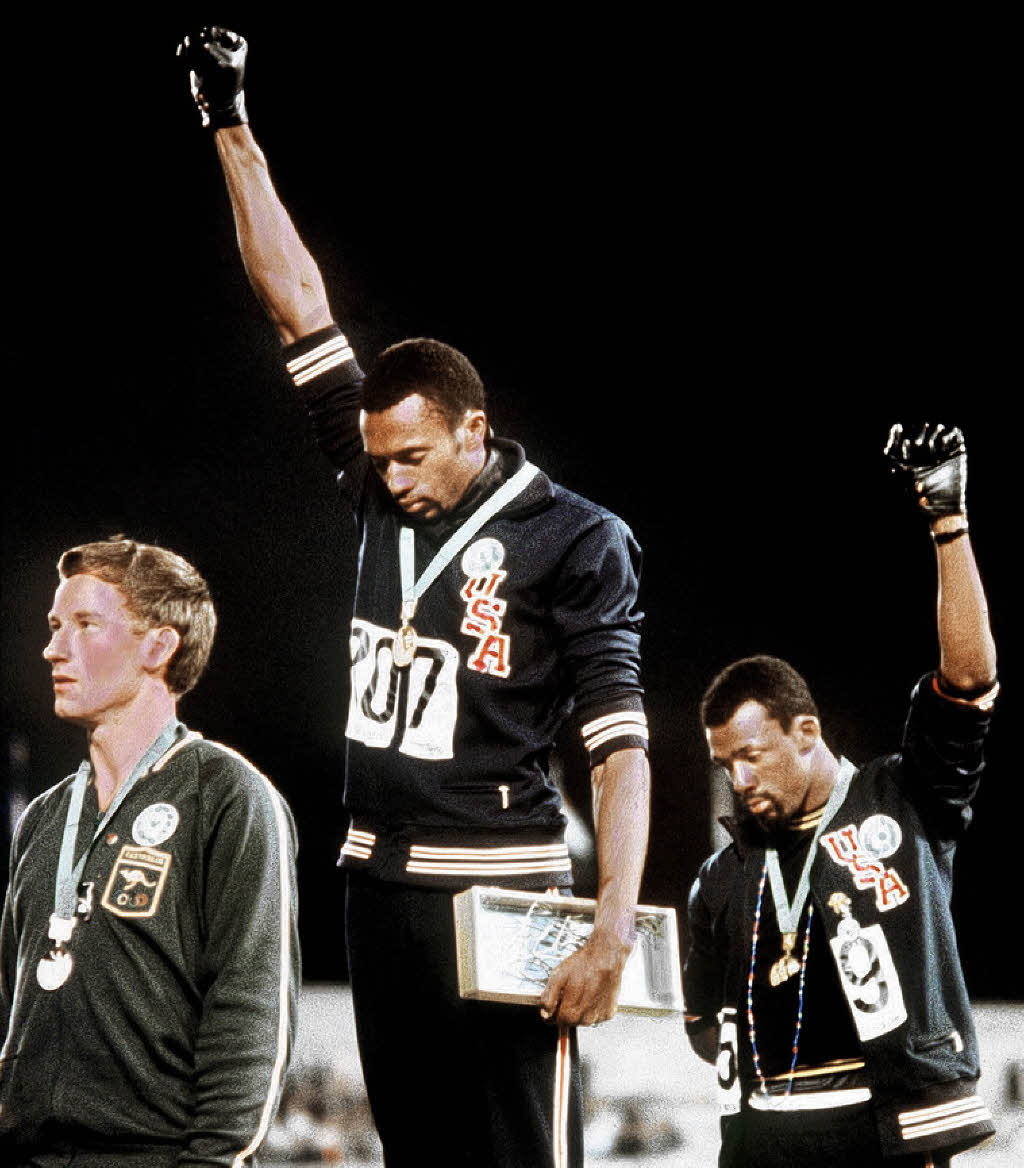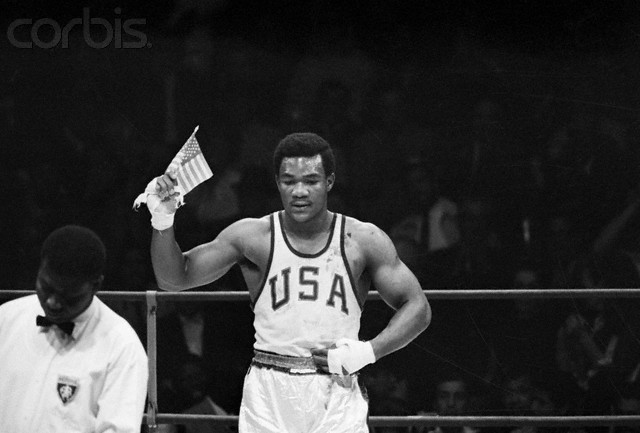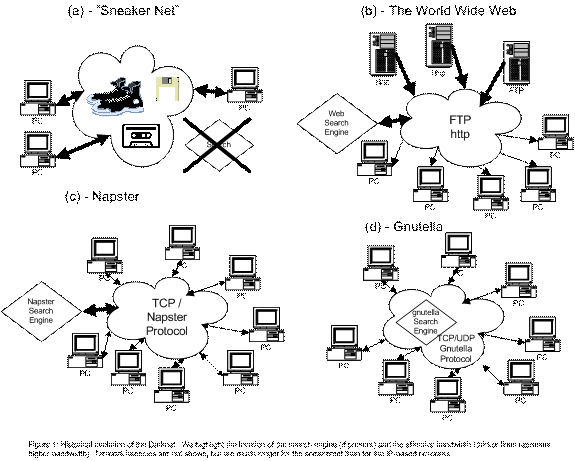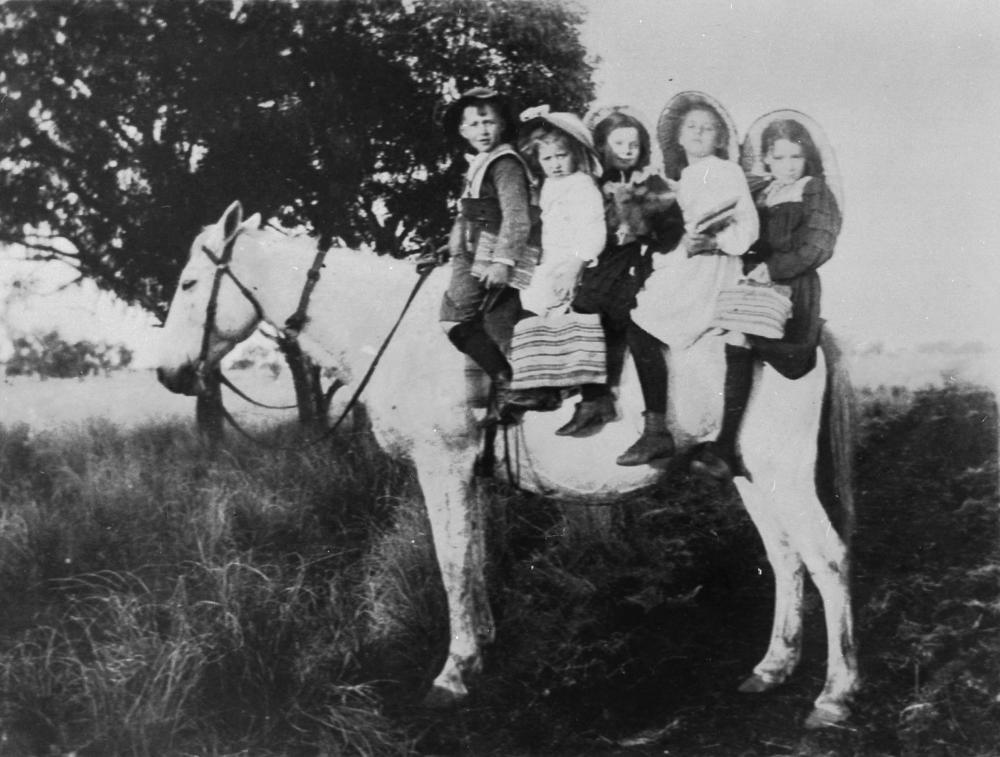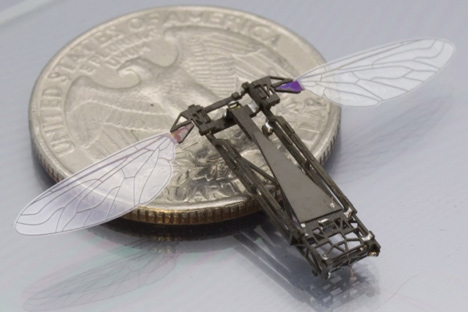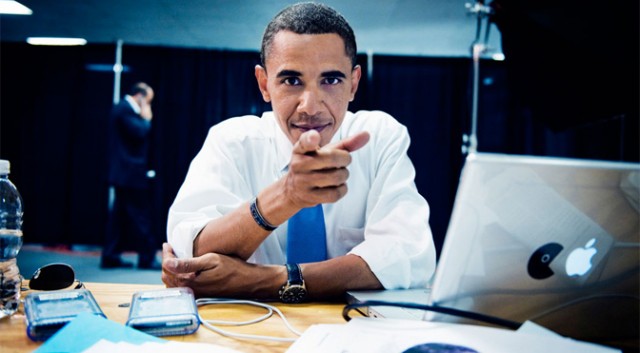Planes may not eventually need pilots, but hijackers likewise may not have to board to perform their machinations. On the former topic, an excerpt from Stephen Pope at Flying:
“Honeywell advanced technology guru Bob Witwer gave an interesting talk in Las Vegas this week in which he discussed the future of air travel and posed the intriguing question of whether airliners, cargo planes and business jets years from now will have a need for pilots or, indeed, even cockpit windows.
If the thought of the captain of your airliner being a software app that lives in the avionics gives you pause, you’re not alone. Still, as we shift to a satellite-based NextGen operating environment where airplanes can be controlled by computers in 4-D – that is, having the capability of hitting a specific point in space at a precise time, every time – will airliners really need two pilots? Will they even need one?
The idea that’s quietly gaining traction is that the ‘pilots’ would sit in an air-conditioned room in some central location on the ground and perform certain necessary flight duties via a comm link. Of course, we’ve already witnessed the rise of unmanned aerial vehicles, which have been used as killing machines in the airspace over foreign nations and for law enforcement and other duties here at home. The next logical step, many say, is to take aircraft that are currently piloted by humans and replace the pilots with computers.
‘It’s kind of hard for me to imagine why we wouldn’t use unmanned vehicles 10 or 20 years from now to carry cargo if the infrastructure allowed us to move aircraft safely without a pilot,’ said Witwer, who is vice president for advanced technology at Honeywell Aerospace.”

